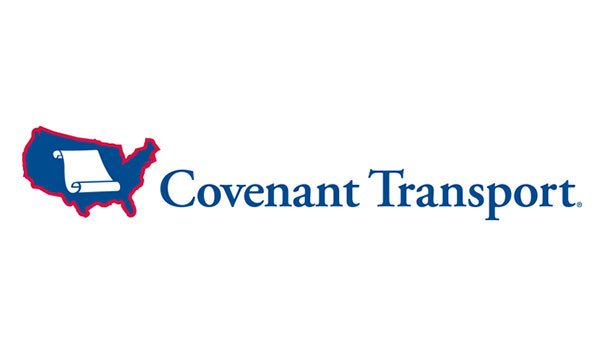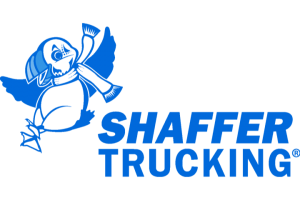How Much Owner Operators Make Per Mile
Once you have an idea of your own financial needs, you will have to make some choices regarding the type of business you will manage as an owner-operator. Will you run regionally or all over North America? Will you pull a flatbed or a reefer? Do you want weekends off or are you willing to spend six weeks on the road before returning home? All of these will affect the amount of income you can expect to earn.
Just as you considered these choices as a company driver, you will also need to look at the options available to you as an owner-operator. In addition to these, the fuel efficiency of your tractor and whether or not you own your own trailer will affect your net profit.
Examine Your Choices
How do you determine the amount of money each of these variables can provide and then decide which is the best for you? Although many of your choices will be less related to the money you can earn, the majority of them will affect your bottom line. Even though you know that you can earn much more if you operate for longer periods away from home, it may not be the best choice for your family, so you accept this and make your decisions with this in mind.
After you have looked at all of the types of freight and the different kinds of carriers, you can narrow your choices down to those that fit your needs. Then, as you did when you were a company driver, start asking the folks who are leased to the carriers about their finances. While many drivers will be hesitant to talk about their own situation, ask them what the company offers and whether or not the payments are accurate reflections of the carrier's promises. Don't forget to talk to long-term drivers as well as recent contractors.
Carrier's System
Compare the carriers' rates of pay and the methods of determining settlements. If one company pays for every mile and the next one only covers loaded miles, you should investigate the claims regarding deadhead and bobtail miles. Ask other drivers if they feel the carrier is fair and accurate in the promises made to their owner-operators.
After you have determined which carriers you are interested in, ask for a copy of the lease and discuss the contract with the company representative. Look for any clauses that make you responsible for damages to the load or other equipment such as trailers, loading docks, etc. If the company pays on a percentage basis, ask about the freight rates and if there are any guaranteed minimums. If the contract is a set amount per mile, make sure you understand the difference between book miles and hub miles.
Know Your Costs
If you have prepared an accurate budget, or business plan, and you know what your costs will be and the amount of income you will need to live comfortably, then you can make your decisions regarding the type of load and which carrier you will work with. Some owner-operators can survive on 80 cents per mile if their costs are lower. Other drivers might be losing money at $2.00 per mile if their rig is expensive and they choose to be home more often. You will need to know what you must have to provide a decent living and then make your choices accordingly.
Everyone's situation is different. Your goal is to become aware of all the options available to you and how they accommodate your specific needs.
Written By: Staff Writer
















